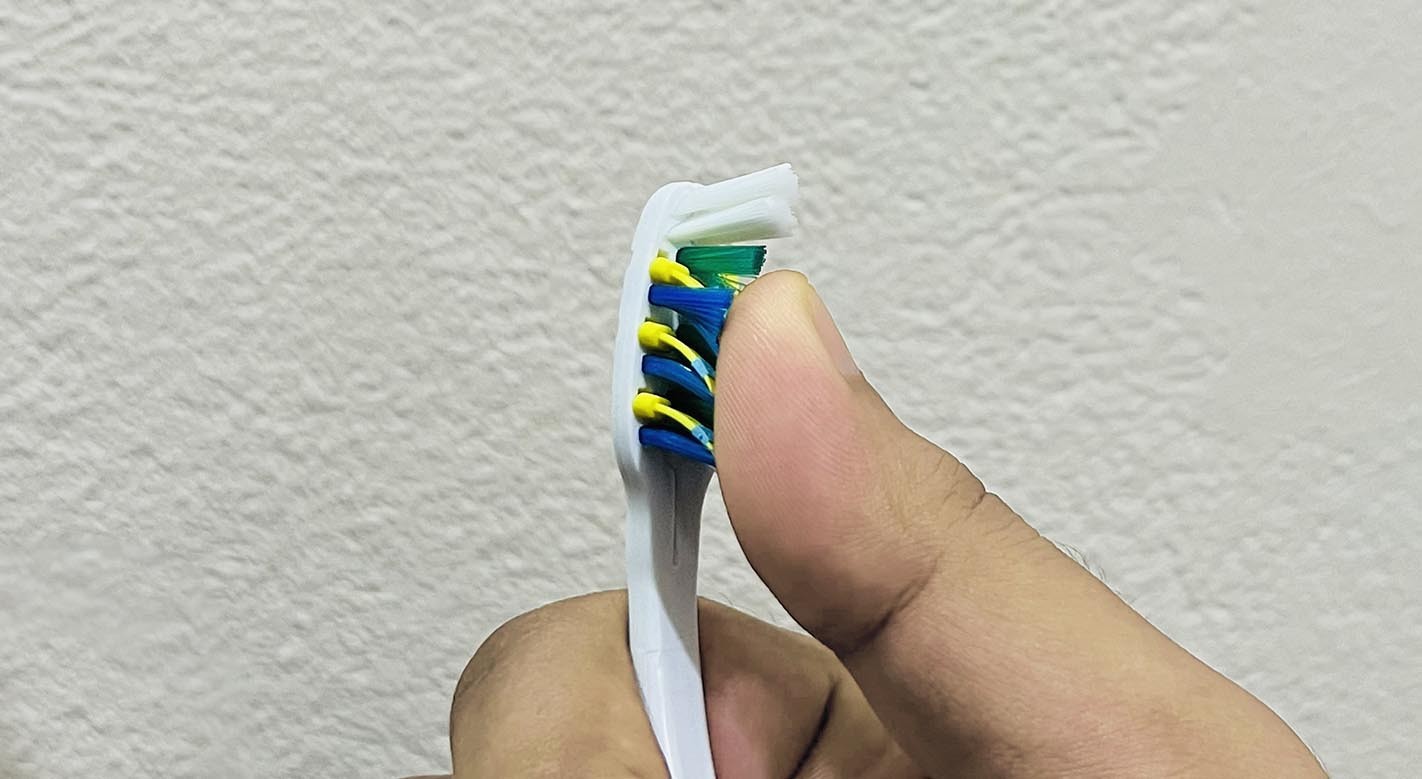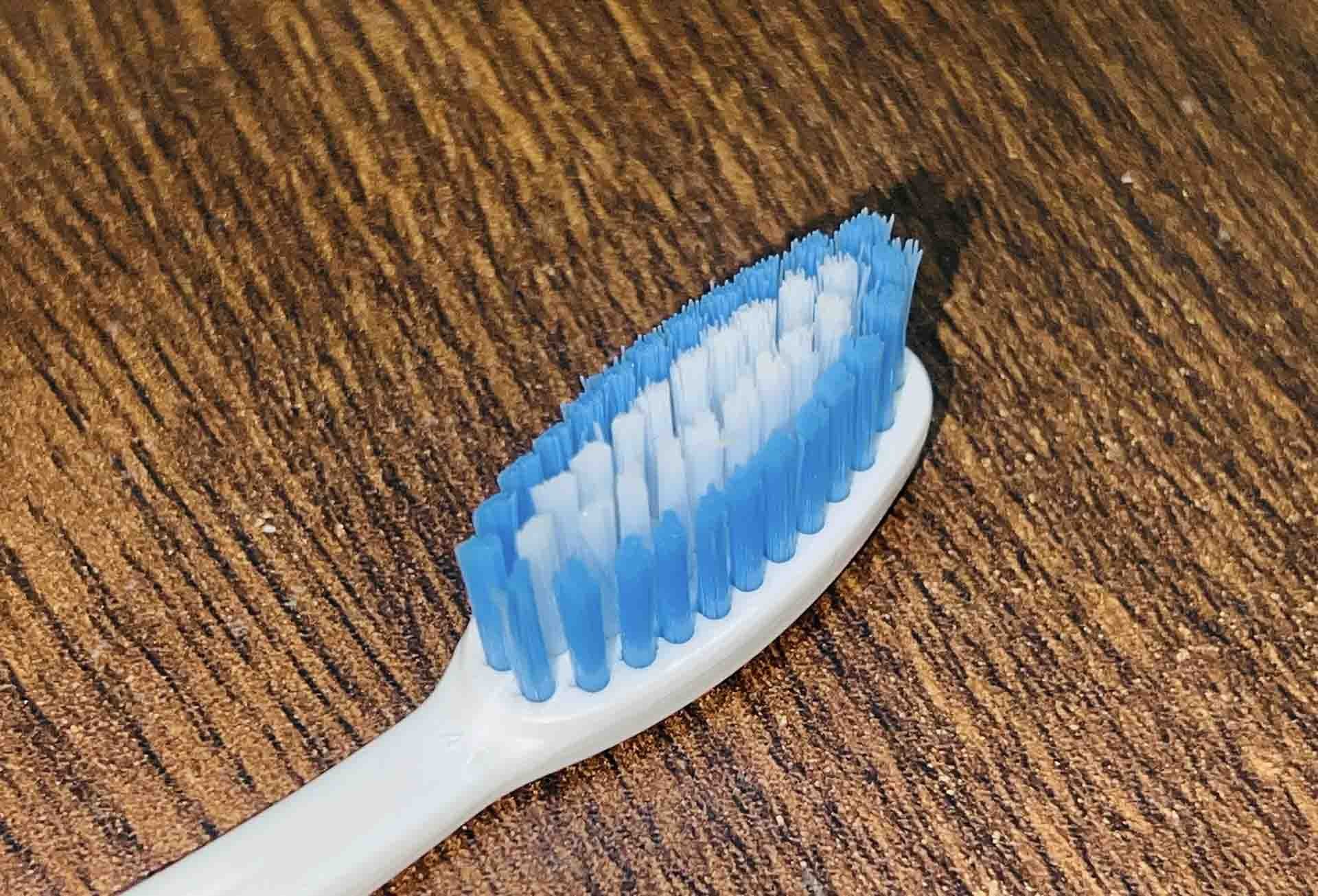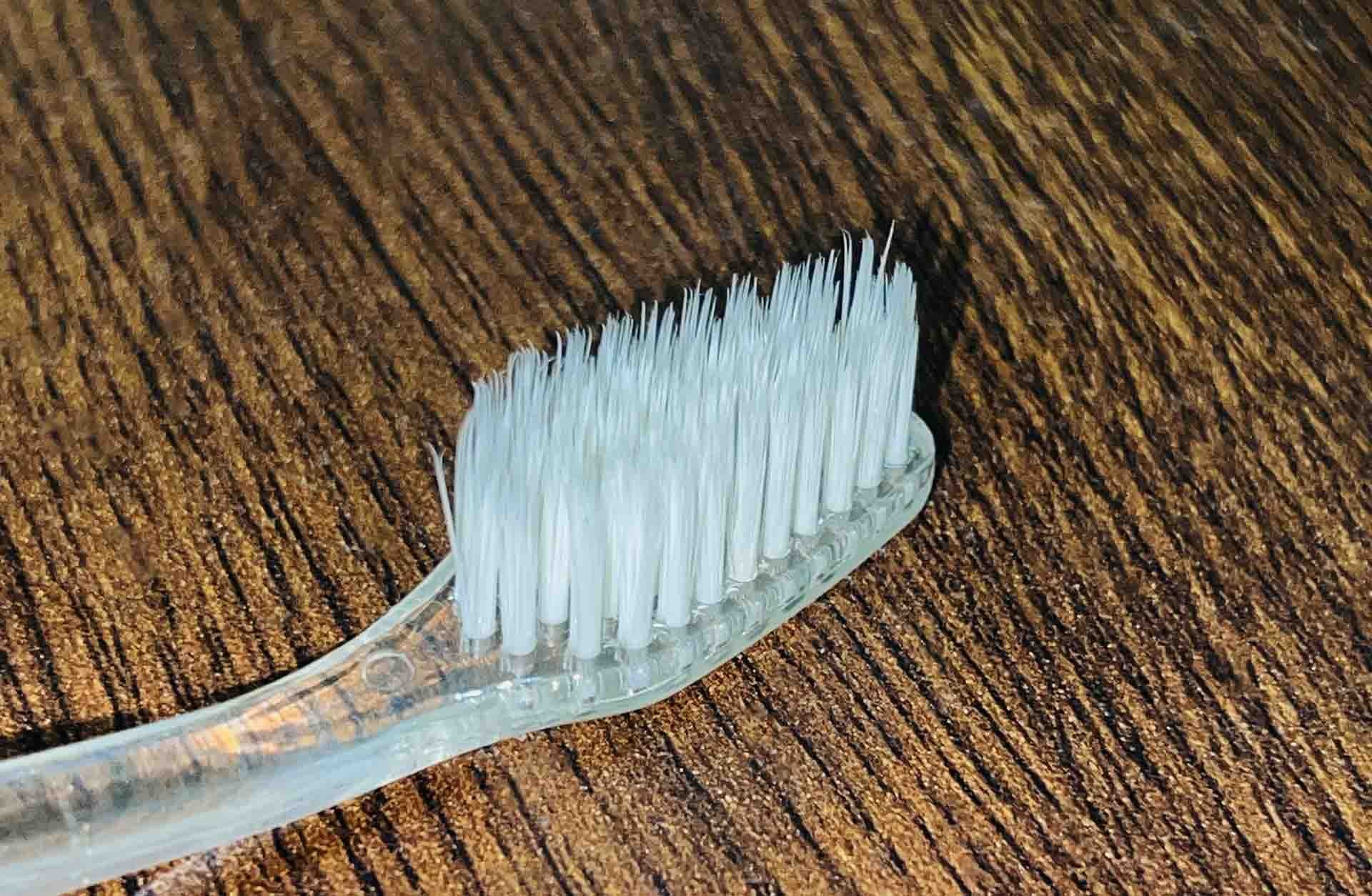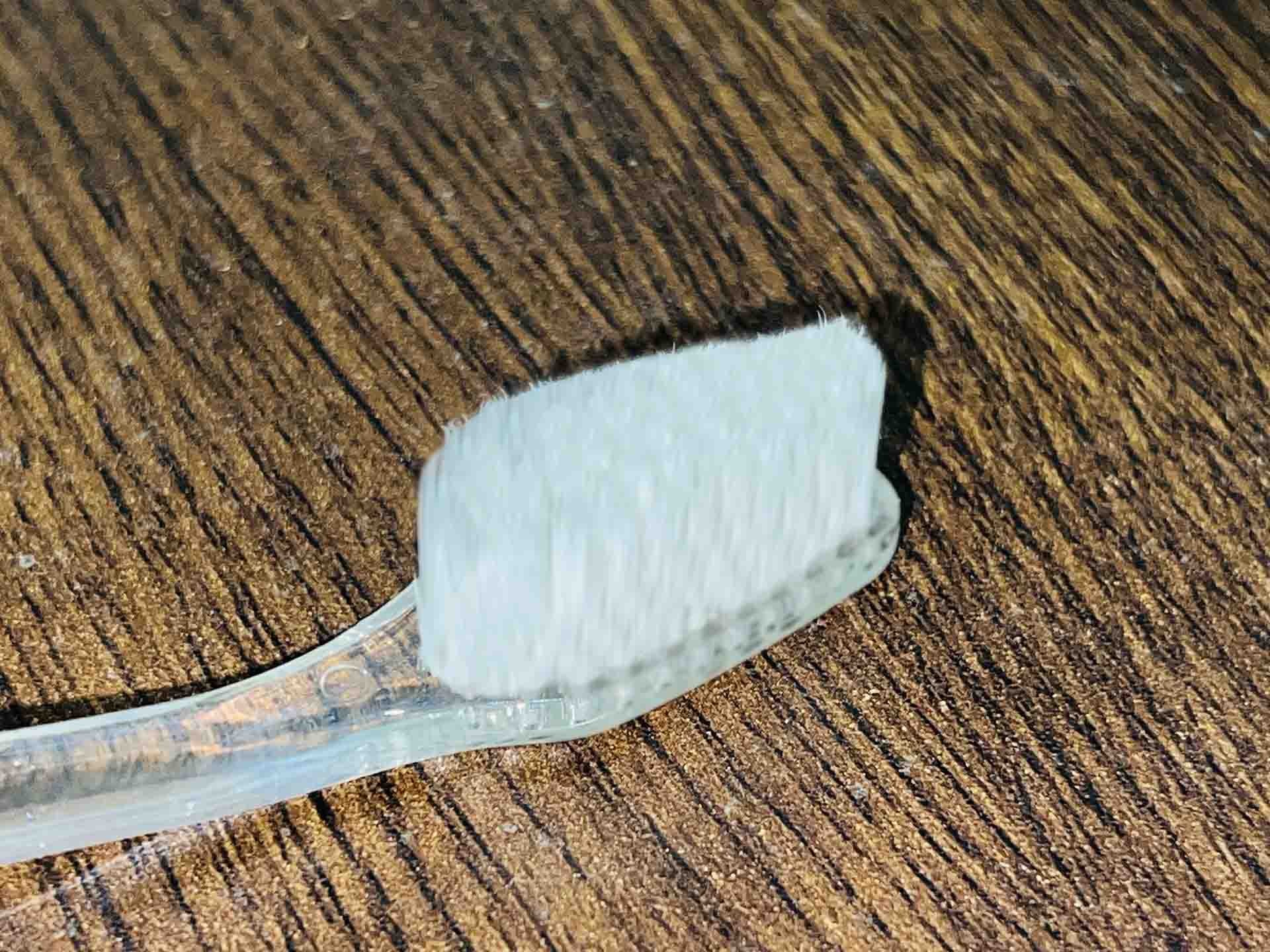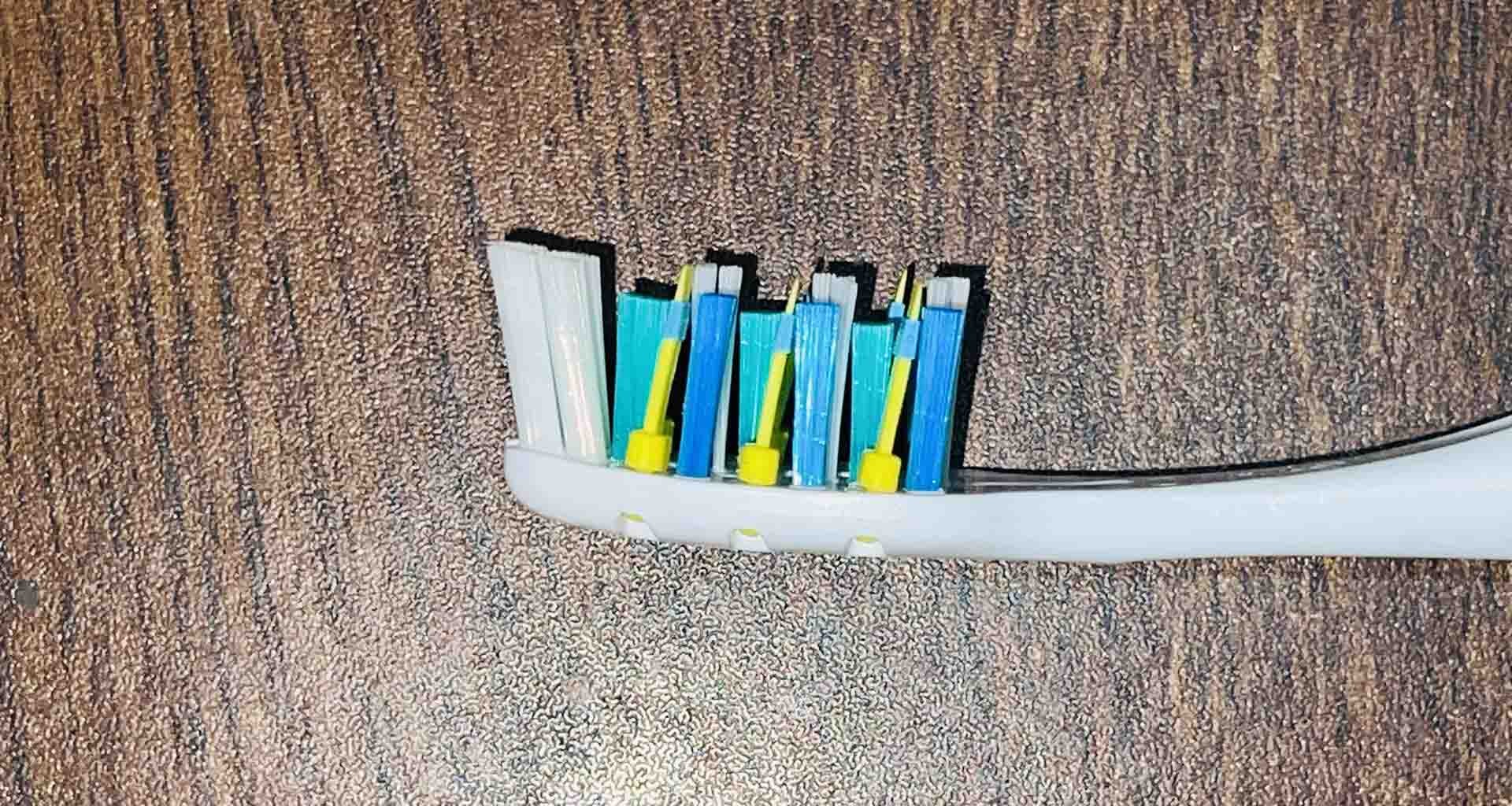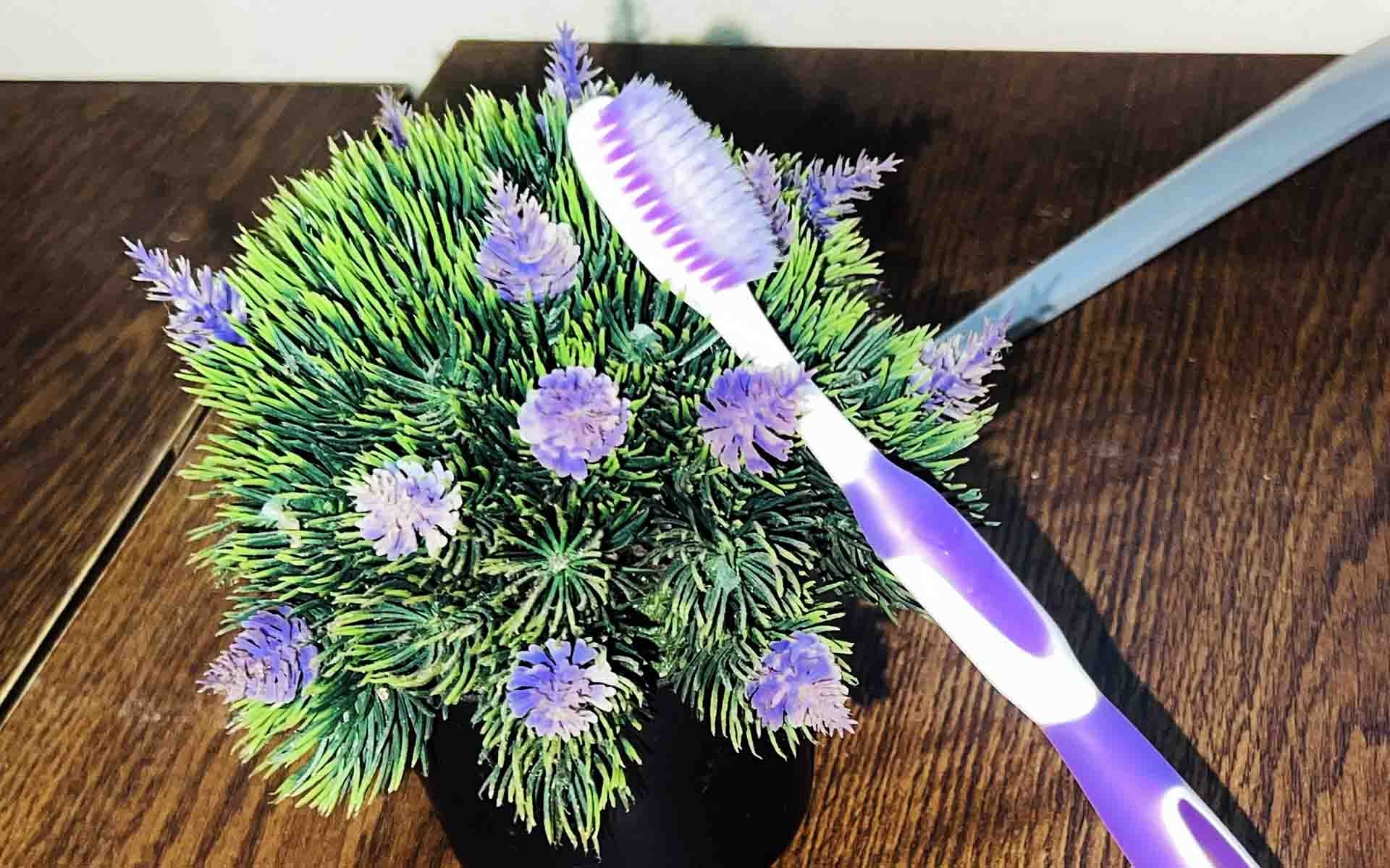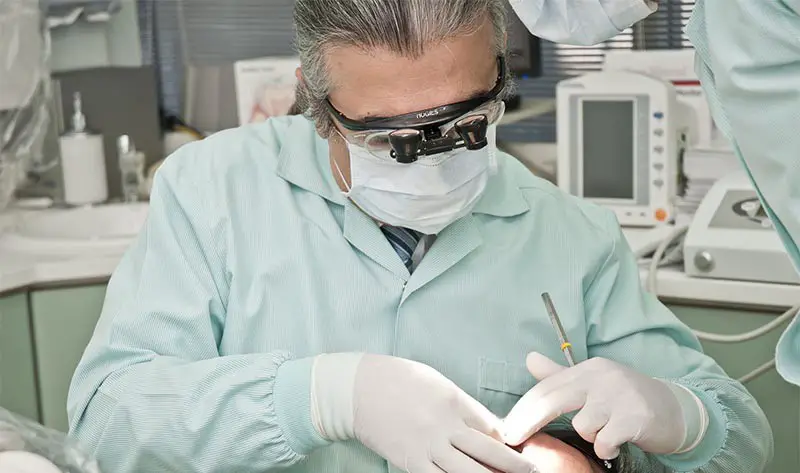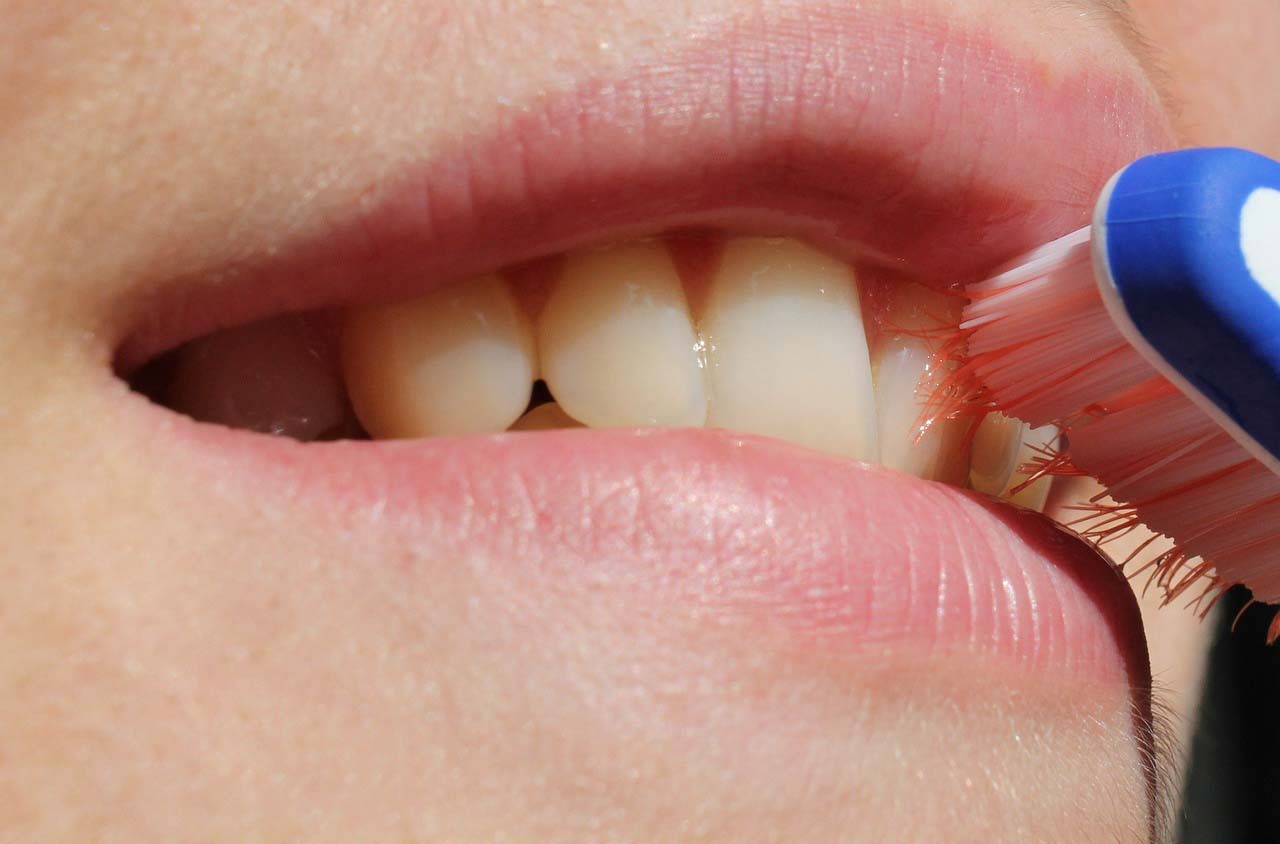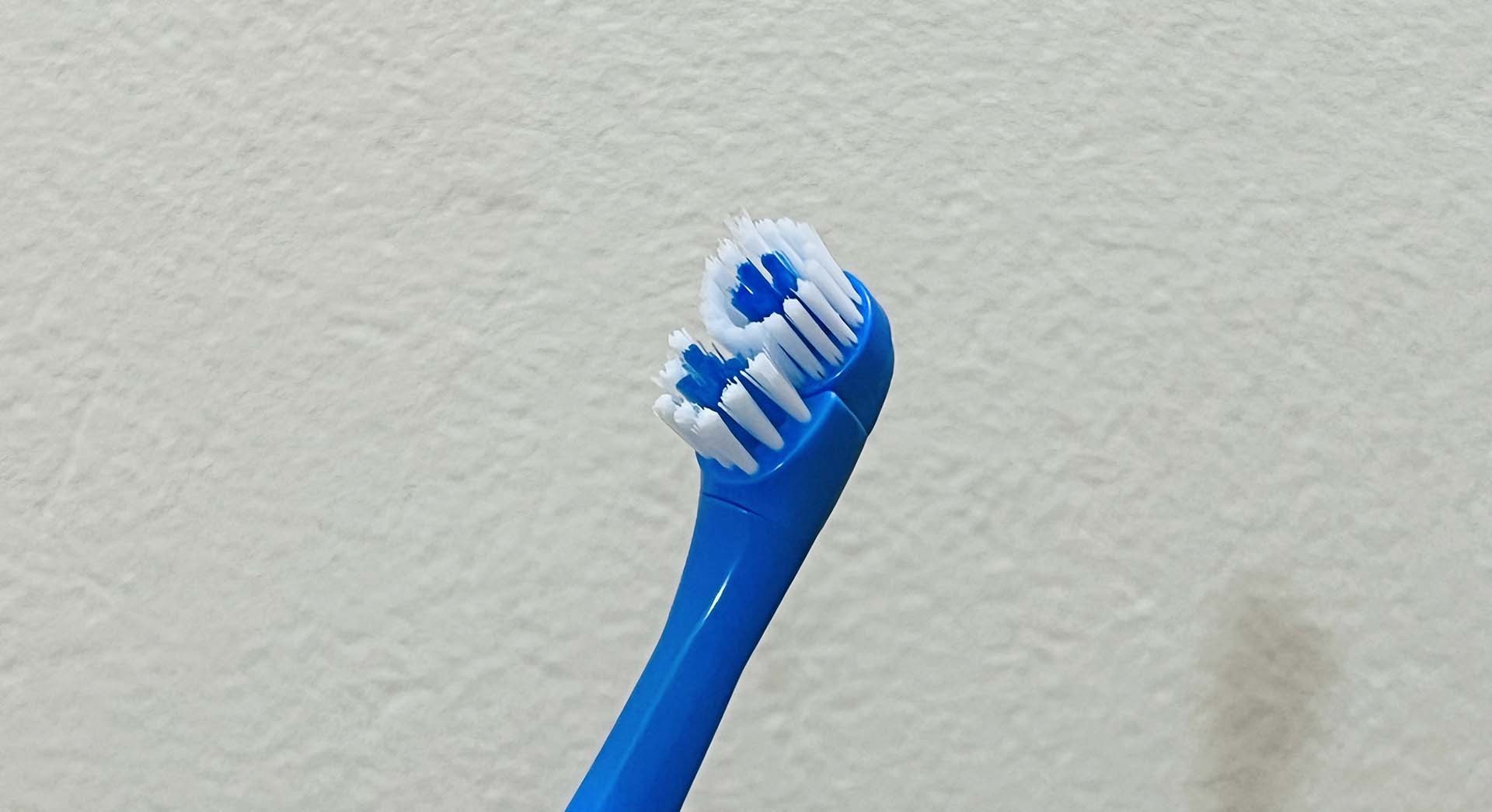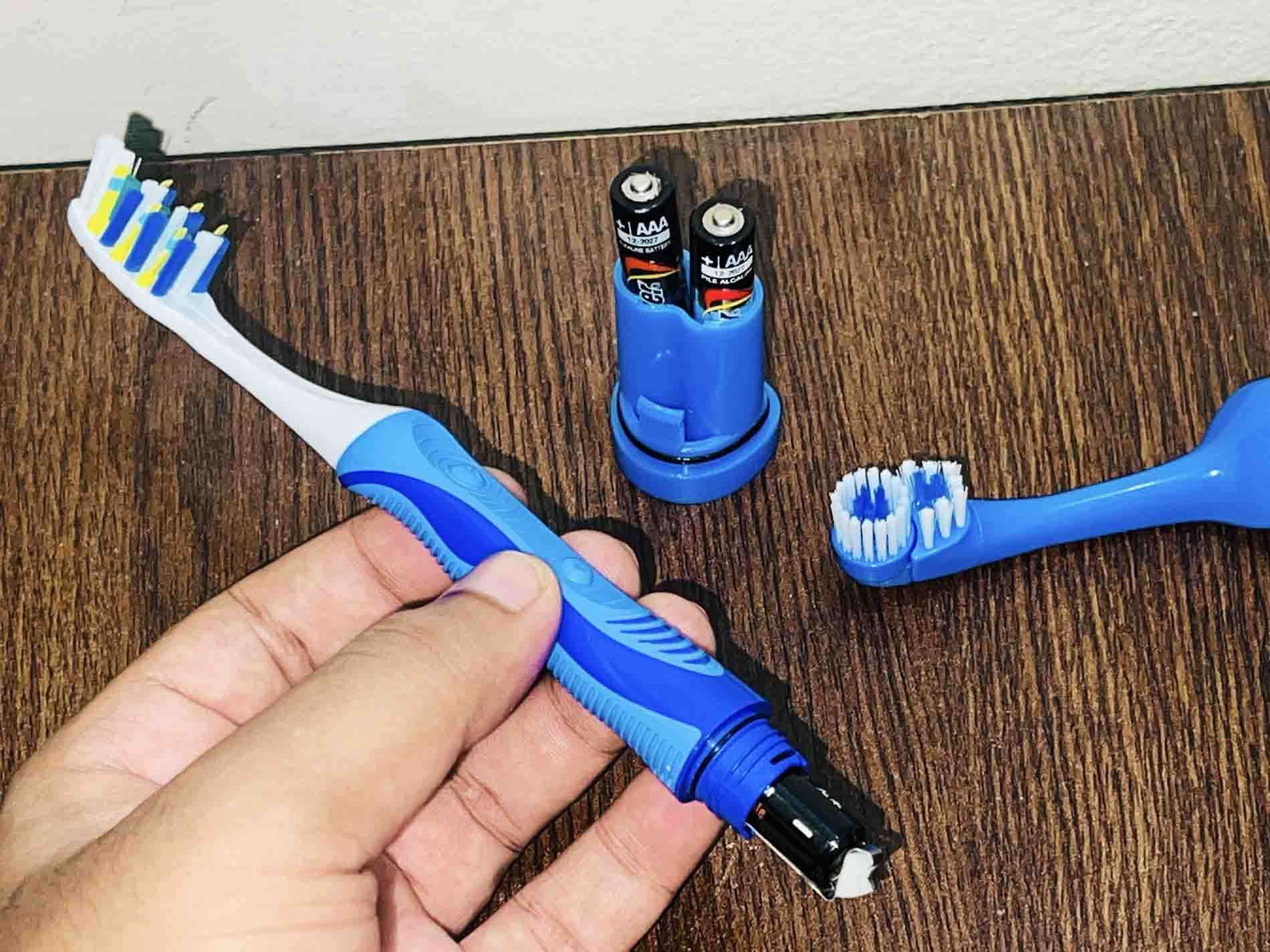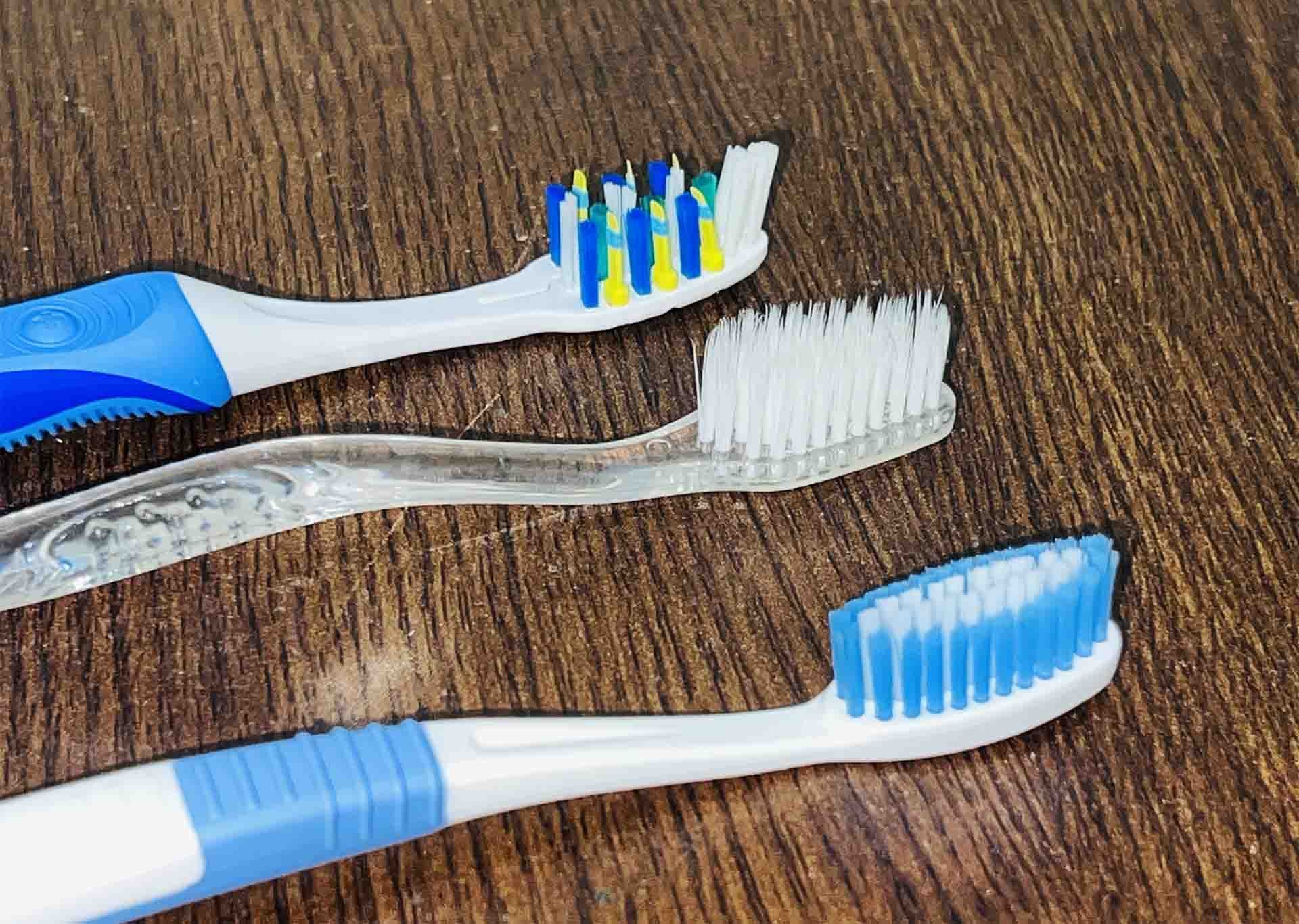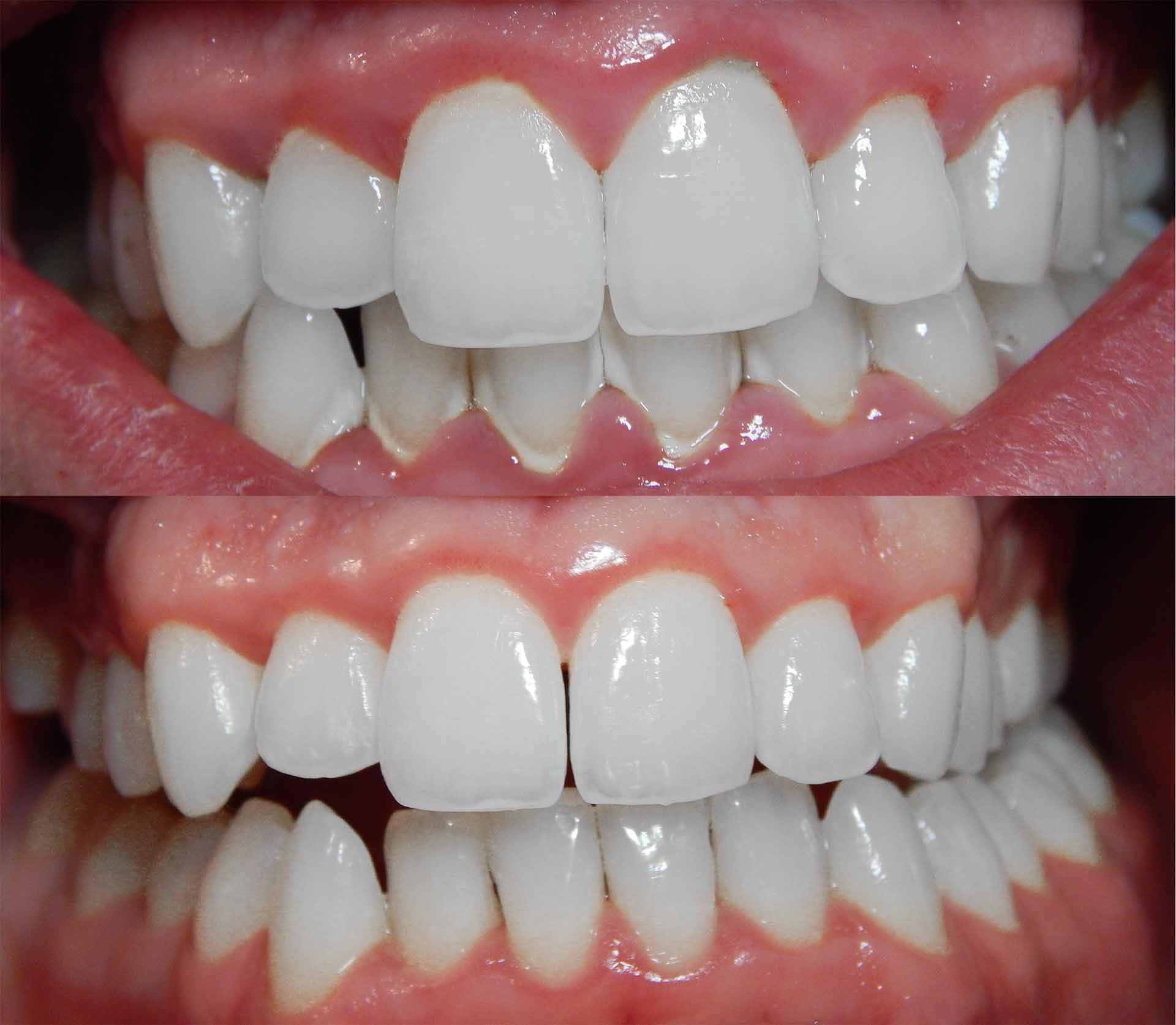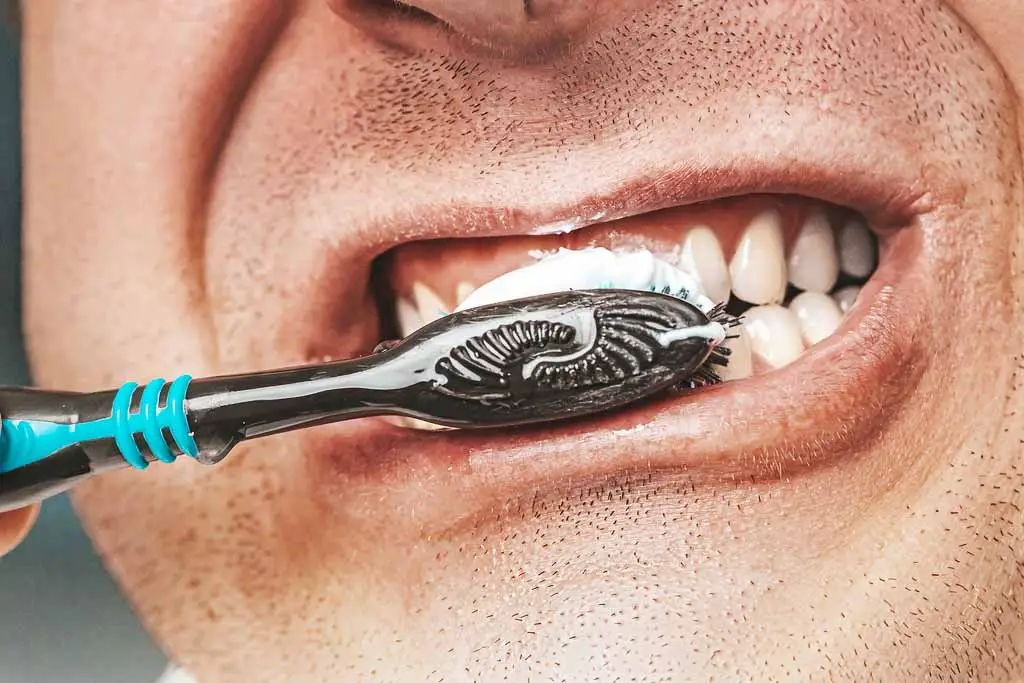What you choose to brush your teeth with is as important as the process itself. The options are plenty – hard, medium, soft, and extra soft toothbrushes all promise to keep your pearly whites shining bright. But do you know which one is the best for your dental health?
Throughout my journey, I have tried them all and ultimately settled on using a soft bristle toothbrush.
Now, I am going to explore the Hard vs medium vs. soft vs extra Soft toothbrush debate, helping you make an informed decision for your oral care regimen. Stick around, and your teeth will thank you.
Understanding Toothbrush Bristle Types
When choosing a toothbrush, most people focus on the handle design, color, or brand. However, one crucial factor that often gets overlooked is the type of bristles the toothbrush has.
The bristles play a vital role in determining the effectiveness and safety of your brushing routine. Here are the different toothbrush bristle types:
1. Hard Bristle Toothbrush
A hard toothbrush features bristles that are, as the name indicates, hard or firm. As a result, compared to other kinds of brushes, the bristles tend to last longer and don’t wear out as quickly. Hard brushes are also better at cleaning teeth since they allow you to brush your teeth with greater force.
However, this has one drawback—hard toothbrushes might be too harsh on your teeth. They could wear down your dental enamel, which can result in tooth sensitivity, tooth whitening, or even broken or chipped teeth.
Hard toothbrushes may also be painful and abrasive to your gums, causing bleeding when you brush. This may lead to gum inflammation and possibly gum recession over time. It is important to note that hard bristle toothbrushes have a diameter of more than 0.35 millimeters.
2. Medium Bristle Toothbrush
A medium brush is located Between a soft and a hard brush. This implies that although it doesn’t clean as well as a hard brush and isn’t as gentle on your teeth, it still does a better job than a soft brush.
Medium bristle toothbrushes have a diameter of 0.30 millimeters. They may also result in gum recession and inflammation, even though they are not as severe on your gums as hard brushes. The common consensus is to steer clear of medium brushes since they have many drawbacks as hard toothbrushes.
3. Soft Bristle Toothbrush
For wholesome, regular brushing, soft bristle toothbrushes are the finest option. A soft toothbrush is soft enough to prevent excessive wear or abrasion while yet having the correct degree of hardness to remove plaque and germs.
Although it is still possible to harm the teeth and gums by brushing too vigorously with a soft toothbrush, this risk is far lower than when using a medium or hard-bristle toothbrush. Soft bristle toothbrushes are ideal for teeth and gums that are sensitive.
Also, soft bristles are recommended for people with gingivitis or gum infection. The most severe stage of periodontitis is the separation of the gums from the tooth, which may also be treated with a soft bristle toothbrush. Soft bristle toothbrushes typically have a diameter of 0.17 millimeters.
Here Is Our List Of Best Toothpaste For Electric Toothbrush Reviews 2023
4. Extra-soft, Post-surgical, or Ultra-soft Bristle Toothbrush
These brushes are used to maintain oral hygiene when the gum is exceedingly sensitive after surgery or extraction. They have a diameter of 0.06 millimeters.
In certain really sensitive circumstances, a toothbrush with ultra-soft bristles could be the best option to prevent irritating the gums and oral cavity.
It is often used during the sensitive post-operative period when it is difficult to maintain good dental hygiene without running the danger of irritating the gums.
Which Toothbrush Bristle Should You Choose?
The right toothbrush is crucial for maintaining good oral health. Regarding bristle type, several options are available in the market, each with its own benefits and considerations. The following are the importance of bristle type in toothbrush selection:
1. Extra Firm or Hard Bristles: Can Cause Damage
Extra firm or hard-bristled toothbrushes were once popular for effectively removing plaque and food particles. However, they are becoming less prevalent in shops, and many dental specialists now believe that they may do more harm than good.
Using rough bristles and applying too much pressure while brushing can potentially harm your gums and cause them to disintegrate. Furthermore, hard bristles can also damage tooth enamel when used in conjunction with abrasive toothpaste.
Therefore, it is advisable to exercise caution when considering extra firm or hard-bristled toothbrushes. Medium and hard bristles toothbrushes should only be used on detachable appliances and “fake teeth” when they are not in your mouth. This includes:
- Nightguards
- Partials Dentures
- Retainers
- Flipper / Nesbit
2. Medium Bristles: Strikes a Balance
Brushes with medium bristles offer a middle ground between hard and soft bristles. They are gentle enough to prevent dental enamel damage while still being strong enough to remove debris effectively.
However, being mindful of your gums when using a toothbrush with medium bristles is essential. Applying excessive pressure can still lead to gum irritation or recession.
3. Soft Bristles: It Is The Most Recommended Choice
The most often recommended bristle type by dental professionals is soft bristles. Soft bristles are suitable for all skin types, as they are gentle on both your teeth and gums. Unlike hard bristles, soft bristles won’t damage the enamel of your teeth or cause harm to your gums.
It is important to note that while soft bristles are effective in maintaining oral hygiene, they may not remove all plaque and food particles if you don’t brush thoroughly. Therefore, practicing proper brushing techniques and ensuring thorough coverage of all areas in your mouth is crucial.
4. Extra Soft Bristles: This Is A Gentle Option for Specific Needs
In certain circumstances, extra soft toothbrushes can be beneficial. Individuals with weak enamel or sensitive gums can benefit from using toothbrushes with extra soft bristles. These toothbrushes can provide a gentle cleaning experience without causing any further damage.
Additionally, after dental or oral surgery, dentists may recommend using a toothbrush with an extremely soft tip to ensure minimal discomfort and promote healing.
Factors To Consider When Choosing A Toothbrush
Choosing the best toothbrush is a decision that can significantly impact your dental hygiene routine. When selecting a toothbrush, it’s essential to consider its typical characteristics and their significance.
By selecting the right toothbrush, you can make brushing easier and more effective. Here are some key attributes I always think about before buying my toothbrush:
-
The ADA Seal of Acceptance
It is a reliable indicator of a high-quality toothbrush. Toothbrushes with this mark have undergone rigorous testing to ensure they do not harm your teeth, orthodontic appliances, or any other dental restoration in your mouth.
You can trust that toothbrushes with the ADA seal will withstand regular brushing routines. Both electric and conventional toothbrushes can carry the seal, and you can also rely on the rounded edges and soft bristles of toothbrushes bearing this certification.
-
Bristles: Extra-Soft, Soft, Medium, and Hard
Toothbrush bristles come in four varieties: extra- soft, soft, medium, and hard. The choice between them often comes down to personal preference. Oral health experts recommend using brushes with soft bristles to clean your teeth and gums gently.
Hard bristles, on the other hand, can potentially harm your enamel and gum tissue. Extra-soft bristles are better for those with sensitive teeth or gum sensitivity, as they are less harsh on the gums.
-
Bristle Types
The style of bristles, specifically the distinction between rounded and narrow (tapered) tips, can also be crucial when selecting a toothbrush.
Extra-thin bristles, cut in a specific manner and tapering towards the end, are designed to clean better and reach deeper between the teeth and beneath the gum line.
-
Size of the Head
The size of the toothbrush head is important as it should be able to clean all of your teeth effectively. Many people find that a compact toothbrush head produces better brushing results rather than a long one.
When brushing, a smaller head is easier to handle and maneuver and can reach your rear teeth more easily. Before choosing a toothbrush, compare the sizes of different brushes side by side to ensure you find the one that suits you best.
Also Read:-Are Round Toothbrush Heads Better?
-
Electric Toothbrush vs. Manual Toothbrush
There is often a debate about whether electric toothbrushes are more effective at removing plaque. The truth is that manual and electric toothbrushes can be beneficial if you have the appropriate brushing technique. The choice between electric and manual ultimately depends on your comfort level and preference.
Electric toothbrushes are recommended for individuals who need assistance brushing properly or those with movement problems, such as arthritis, that make it difficult to brush thoroughly with a manual toothbrush.
Additionally, people with sensitive teeth or those who tend to brush too hard (especially when stressed or in a hurry) may find electric toothbrushes helpful. Some electric toothbrushes offer special modes that put less pressure on the teeth or indicate how much pressure you are applying.
Although electric toothbrushes have many benefits, these have some drawbacks. You can also read my other article on this topic for more information.
Why Is It Important To Choose The Correct Toothbrush?
A decent daily oral care regimen starts with a good toothbrush. Because various individuals have varied requirements and preferences, it is crucial to understand that not all toothbrushes are created equal. Each person has different areas where they should focus on maintaining good oral hygiene, and your toothbrush should do the same.
Your dentist might recommend the appropriate instrument for your dental condition. However, in general, your dentist could advise using a brush with soft bristles for a softer cleaning.
But why is it so important to choose the correct toothbrush? Here are the reasons:
For Your Comfort
A good toothbrush should be comfortable to hold and use, as this will greatly affect how you brush. The size and shape of the toothbrush handle and head are important factors in determining how comfortable it is.
Using a toothbrush with a comfortable grip will make brushing easier and more enjoyable. The toothbrush head should also be small enough to easily reach every part of the mouth to ensure thorough cleaning.
Better Plaque Control
Plaque, a sticky film of bacteria, constantly forms on our teeth. If not removed properly, it can lead to tooth decay and gum disease.
A toothbrush with soft bristles and tapered tips can effectively remove plaque from hard-to-reach areas, ensuring a thorough cleaning and preventing oral health issues.
Improved Gum Health
Your toothbrush plays a crucial role in maintaining the health of your gums. Hard bristles can be abrasive and may cause gum recession or irritation.
On the other hand, a toothbrush with soft bristles is gentle on your gums, reducing the risk of damage and promoting gum health.
Reduce Tooth Sensitivity
Using the wrong toothbrush can worsen the problem if you have sensitive teeth. Hard bristles can wear the enamel and reveal the dentin underneath, which is sensitive and may lead to sensitivity, discomfort and pain.
Opting for a toothbrush with soft bristles helps protect your tooth enamel and minimizes sensitivity issues.
Better Reach and Accessibility
Different toothbrush designs cater to specific needs. For instance, some toothbrushes come with angled heads or specially designed bristle patterns to reach difficult areas, such as the back molars or around orthodontic appliances.
Choosing a toothbrush that suits your unique dental situation ensures that you can effectively clean all areas of your mouth.
Age and Disability
Different people have different dental needs, and this includes the type of toothbrush required. Children need toothbrushes with smaller handles and heads to fit their smaller mouths, while adults may need them with larger heads and handles to meet their needs.
It can also be helpful for those with mobility issues, as it can do more of the work for them. An electric toothbrush’s oscillating or rotating motions can provide more thorough and effective cleaning for people who may find manual brushing difficult.
Dental Work and Braces
Suppose you have braces or other dental work. In that case, choosing a toothbrush that can effectively clean your dental appliances is important. Maintaining good oral hygiene can be challenging with traditional toothbrushes, as they may not be able to reach all the nooks and crannies.
In such cases, toothbrushes specifically designed for people with braces or other dental work can be very helpful. These toothbrushes often have special bristle arrangements, and head shapes that allow for thorough cleaning without damaging dental appliances.
Also Read:-Electric Toothbrush Side Effects To Watch Out For
FAQs
I hope you already know that soft-bristle toothbrushes are the winner in most cases. However, the following questions will aid you regarding the matter:
Can children benefit from using extra-soft toothbrushes?
When children are just getting started with brushing their teeth, it is recommended to use a toothbrush with soft bristles. While still effectively cleaning their teeth, soft bristles are gentler on children’s gums and more suitable for their needs.
Do more expensive toothbrushes provide better results?
Many people often wonder if investing in a more expensive toothbrush leads to better outcomes. The answer is a bit complex. While expensive toothbrushes are not necessarily superior simply because of their price, they offer advanced features and exceptional quality components, contributing to better performance.
Are larger toothbrushes more effective?
The idea that a toothbrush with a larger head would remove more plaque may seem intuitive, but a toothbrush with a smaller head is actually more beneficial for you.
Conclusion
Soft bristle toothbrushes are the ideal choice as they effectively remove plaque, food, and bacteria particles without causing any harm. Using a toothbrush with soft bristles can maintain good oral hygiene while protecting our teeth and gums.
When you’re looking to purchase a toothbrush, it’s recommended to choose one with soft bristles. This will provide a gentle but effective cleaning experience for your teeth.
Also Read:-Teeth don’t feel clean electric toothbrush

